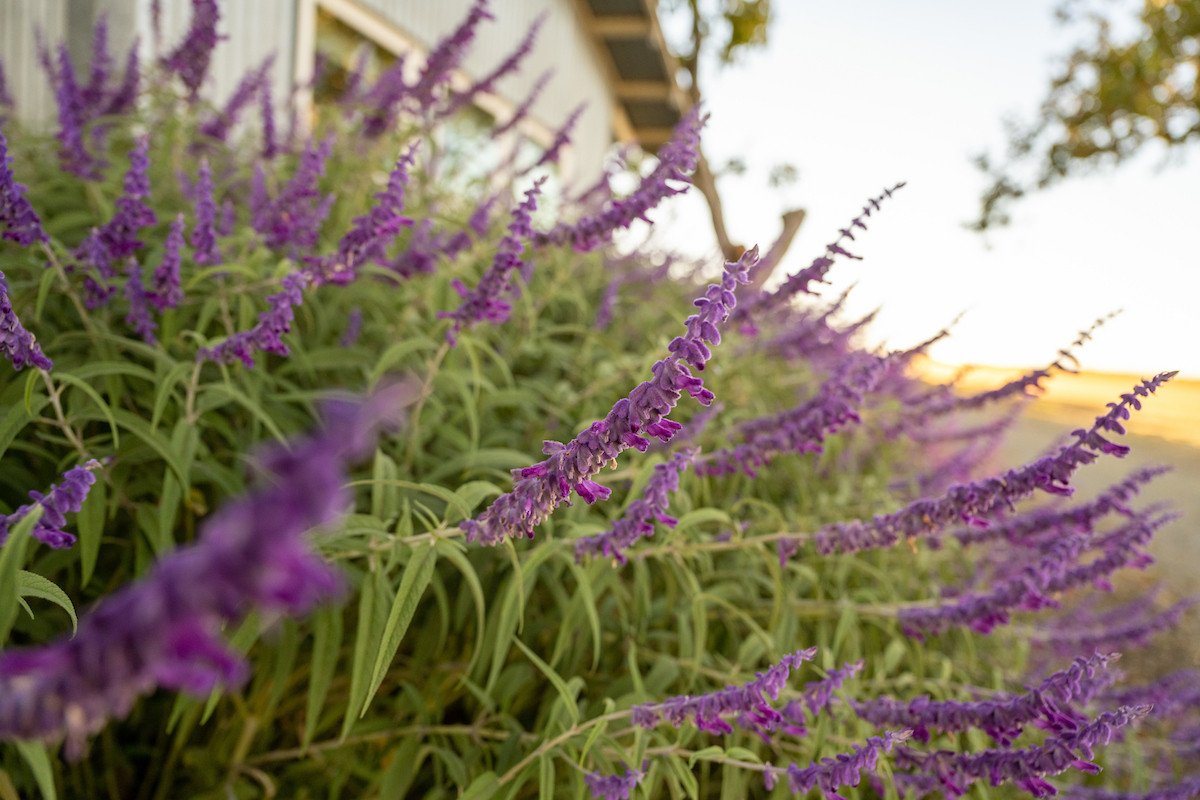American Farmland Trust and Illinois Soybean Association Applaud Introduction of Bipartisan, Bicameral Bill to Help More Farmers Plant Cover Crops
COVER Act Provides $5 per acre discount on Crop Insurance to build Soil Health
(Washington, D.C.) Today, Senator Brown (D-OH) and Representatives Casten (D-IL), Slotkin (D-MI), and Bost (R-IL) introduced the Conservation Opportunity and Voluntary Environment Resilience (COVER) Act. This bill seeks to build on programs first offered in Illinois, Iowa, and Indiana by creating a national $5 per acre discount on crop insurance premiums for farmers who plant cover crops. Over 120 organizations have endorsed this bill, including American Farmland Trust, the Illinois Soybean Association, and the National Farmers Union.
“We applaud Senator Brown and Representatives Casten, Slotkin, and Bost for their bipartisan leadership in introducing this bill. Including this legislation in the Farm Bill would enable USDA to continue to help thousands of farmers save money while planting cover crops, a key conservation practice that improves profitability, water quality, and resilience to flooding and drought,” said Tim Fink, Policy Director for American Farmland Trust. “This program is popular with farmers, and we have seen it work on the state and federal levels because it is easy to use, and it makes sense.”
“Cover crops are a critical and increasingly popular tool for improving soil health and reducing erosion”, said Dr. Corey Lacey, public policy manager for the Illinois Soybean Association. “However, many farmers are hesitant to plant cover crops due to the upfront costs and risks associated with changing their traditional crop rotation practices. The COVER Act addresses these concerns by offering a simple and cost-effective way to incentivize farmers to adopt cover crops. It is essential that farmers and agriculture organizations support voluntary programs that help growers adopt conservation tools that work on their farms.”
Crop insurance is a risk management tool that provides critical support to farmers across the country, many of whom have experienced increased damages and claims from floods, drought, derechos, and other natural disasters. Cover crops enhance resilience to these events by reducing erosion and increasing soil organic matter and water infiltration while sequestering carbon. They also provide farmers economic benefits by saving producers money on inputs, such as fertilizer, and improving their yields over time. Incentivizing farmers voluntarily adopting risk-managing conservation practices like cover crops may even help reduce the cost of the crop insurance program—which, according to USDA’s Economic Research Service, is expected to grow by as much as 20-30 percent this century depending on how quickly practices to adapt to climate change are adopted.
Building off popular state programs, starting in 2021, USDA began offering savings to farmers who planted cover crops. Within two years, this program provided $50-60 million in annual savings to farmers and supported 10-12 million acres of cover crops. But after two years, the program’s temporary funding ran out. The COVER Act would make this program part of the Farm Bill to continue offering savings to farmers across the country who plant cover crops.
Research shows that cover crop discount programs have helped to spur the use of this practice on new acres – 24% of farmers enrolled in these programs said that this was their first time planting cover crops on at least some of their land.
“Implementing new practices can be both challenging and risky,” said Fink. “Providing voluntary incentives to plant cover crops in this way helps farmers continue to improve the stewardship of their land. This leads to greater productivity and resiliency in their operation, and a reduction of risk—key goals of the crop insurance program.”
###
American Farmland Trust is the only national organization that takes a holistic approach to agriculture, focusing on the land itself, the agricultural practices used on that land, and the farmers and ranchers who do the work. AFT launched the conservation agriculture movement and continues to raise public awareness through our No Farms, No Food message. Since our founding in 1980, AFT has helped permanently protect over 6.8 million acres of agricultural lands, advanced environmentally-sound farming practices on millions of additional acres and supported thousands of farm families.
The Illinois Soybean Association (ISA) checkoff and membership programs represent more than 43,000 soybean farmers in Illinois. The checkoff funds market development, soybean production and government relations efforts, while the membership program, Illinois Soybean Growers (ISG) and the Illinois Soybean Growers PAC actively advocates for positive and impactful legislation for farmers at local, state and national levels. ISA upholds the interests of Illinois soybean farmers through promotion, advocacy, research and education with the vision of becoming a trusted partner of Illinois soybean farmers to ensure their profitability now and for future generations.




